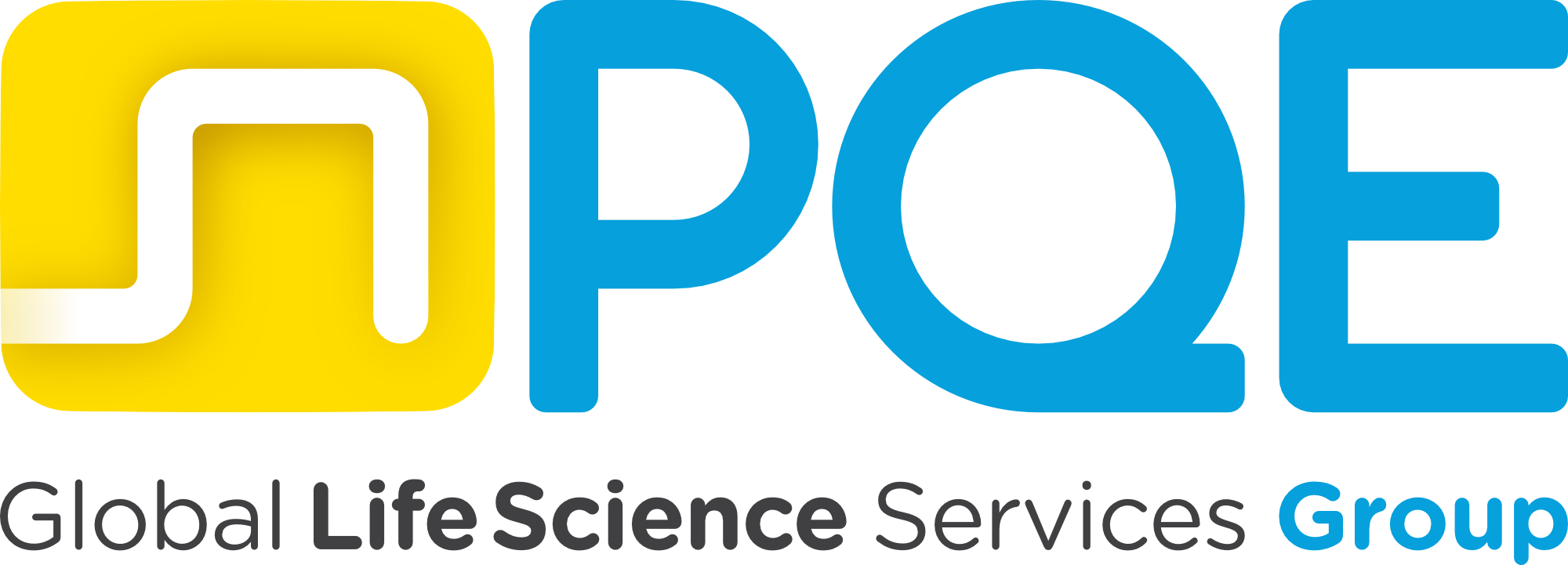
Glocal as Strategic Solution
Based on PQE Group knowledge, the primary goal of the PI system and its benefits to a multinational company are the global availability to real-time or stored data in order to access data at any time from different users, anywhere worldwide. A global validation approach has often been used with the target of standardizing a model to be applied, leveraging global documents to local occurrences.
The proposed strategy has been used at different levels, starting with the core platform installation for a Data Archive module to the Asset Framework and Event Frame PI components that allow contextualized raw data from the plant to build a model for specific equipment and process (assets) for a proper occurrence (event) to be monitored.
Based on what has been discussed about the distinction between global and local approaches, the Glocal term well identifies the mindset of performed strategies, beginning with the local ownership of the process based on the site-specific data source to be sent to the PI Core archive through interfacing nodes from the local plant, while leveraging a global standardized approach in terms of the model, documentation, procedures and centralized PI Core module.
In particular, the Glocal Philosophy has been applied to different approaches as described in the case histories below:
- Global PI environment and Local PI platform with the related interfacing nodes. This approach has been used where a global environment was available and multiple nodes were installed in order to collect data from the plant to the local PI platform and from the local PI Archive to the Global platform. Two data repositories are available (global and local) with different access roles.
- Global PI installed in a Local environment with site interfaces from applicable sites. In this case a site has been used as a “global platform” for the Data Archive module and only site interfaces have been installed at the local level to send data to the core platform. No local PI system is installed and only one repository is available.
Both strategies have used a defined set of validation documents created at a Global level, to be leveraged or updated based on the new site being interfaced with the core system. The proper site documentation has been created in order to cover the local functionalities based on the installed PI platform and/or the interface configurations of the data source.
The Glocal approach allows a global model to be used even if a global environment is not available, by taking advantage of a local solution, thereby reducing time and the required documentation to be issued.
Three Words for Glocal Benefits
To summarize the benefits of a Glocal Validation approach, three keywords can explain crucial insights:
- Time – Limited stakeholders, documentation and one approach to be identified;
- Cost – Minor cost for the system deployment and necessary support;
- Quality – Establishing a consolidated approach allows for standardized procedures at a global level, with minor risks of deviation from standard models that can be raised based on high detectability.





